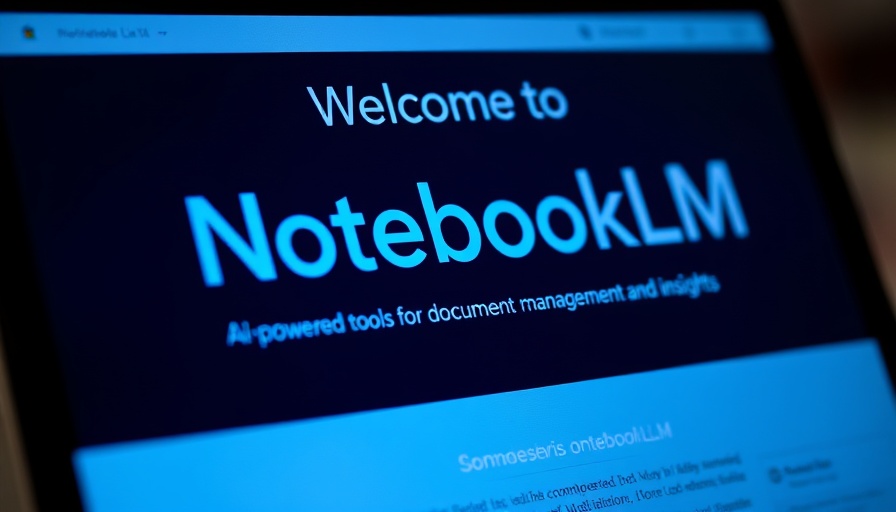
Empower Your Team: The Foundation of Productivity
As the workplace evolves, especially with the rise of AI, the importance of human contributions remains paramount. According to business leaders, creating a culture where employees feel valued and empowered can significantly enhance productivity. Carrie Jordan, a global director at Microsoft, emphasizes that when employees are recognized for their unique strengths and feel psychologically safe, they perform better. By fostering an environment where failures are seen as learning opportunities rather than setbacks, leaders can cultivate a team spirit that drives innovation and accountability.
Eliminate Pointless Meetings: Streamline Communication
Madoc Batters, head of cloud and IT security at Warner Leisure Hotels, offers a practical approach to enhancing team output through Agile development methodologies. He advocates for minimizing unnecessary meetings by promoting transparency in task assignments. By utilizing techniques like Kanban sessions and clear workflows, team members can focus on their tasks without the distraction of redundant discussions. Reducing the number of meetings enables teams to concentrate on their work, increasing efficiency and productivity.
Happiness Equals Productivity: Tailoring Approaches to Individual Needs
Bev White, CEO of Nash Squared, insists that understanding individual differences is crucial for enhancing workplace productivity. When managers prioritize the happiness of their employees—whether through flexible working arrangements, continuous training opportunities, or regular feedback—the results tend to speak for themselves. By investing in employees’ personal and professional growth, managers create an environment where individuals are motivated to excel.
Feedback is Key: Continuous Improvement through Regular Check-Ins
Louisa Latham from BearingPoint highlights the importance of feedback in fostering a productive team environment. Regularly scheduled reviews, where employees are evaluated against clear targets, can provide essential clarity and focus. Moreover, personalized feedback sessions can support team members in their development, keeping them engaged and challenged. By maintaining open lines of communication, teams can adapt quickly to changing goals and improve performance over time.
Replicating Best Practices: Learn from the Successful
Chris Kronenthal, president of FreedomPay, advocates for leveraging data to identify high performers within an organization. By understanding the techniques and methodologies that boost productivity among top employees, managers can replicate these strategies across the broader team. Implementing systematic approaches derived from quantifiable success allows teams to function more efficiently without the added complexity of AI tools. This pragmatic approach ensures that best practices are shared and optimized, fostering a culture of accountability and performance.
In conclusion, while generative AI can enhance productivity, it is vital for leaders to not overlook the incredible capabilities and contributions of their teams. By fostering empowerment, eliminating unnecessary meetings, prioritizing employee happiness, providing regular feedback, and replicating successful practices, organizations can create a robust environment that thrives on human ingenuity and collaboration. To stay ahead in the competitive landscape, business leaders must invest in their most valuable asset—their people.
 Add Row
Add Row  Add
Add 




 Add Row
Add Row  Add
Add 

Write A Comment